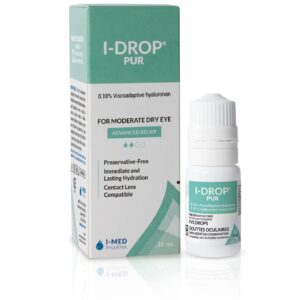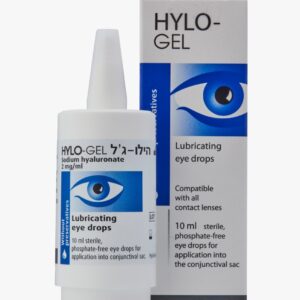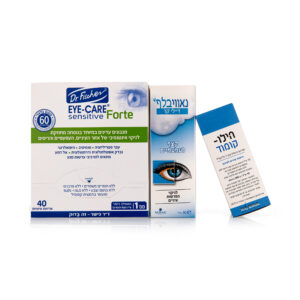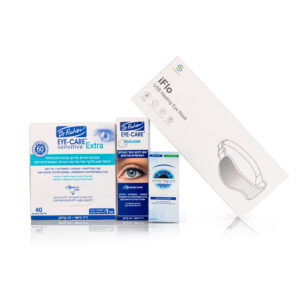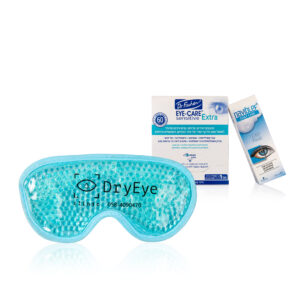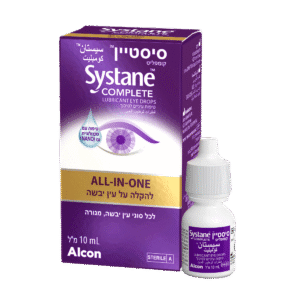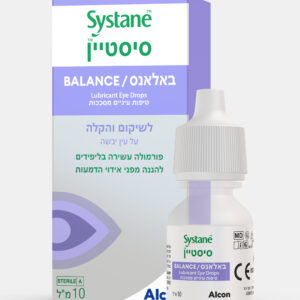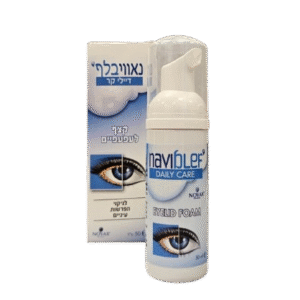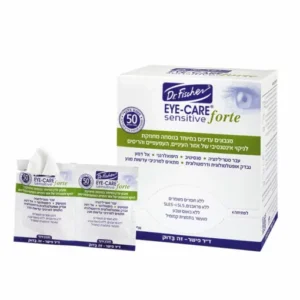
טיפות דמעות – מה זה ולמה משתמשים בהן?
טיפות דמעות הן תמיסות רפואיות או קוסמטיות שמטרתן להקל על
Pain after laser eye surgery to remove glasses is a common phenomenon that can worry patients after surgery. Laser eye surgery has revolutionized the field of ophthalmology, providing millions of people around the world with clearer and sharper vision and reducing their dependence on glasses or contact lenses. Common procedures such as LASIK (Laser-Assisted In Situ Keratomileusis), PRK (Photorefractive Keratectomy), and LASEK (Laser-Assisted Sub-Epithelial Keratomileusis) have a high and proven safety and success profile. However, as with any surgical procedure, there can be side effects and complications. One of the concerns that some patients express is the pain after laser eye surgery. Understanding the nature of the pain, its causes and how to treat it is essential for anyone who is considering or has undergone these procedures.

A) The process of healing the cornea:
The cornea, the clear front surface of the eye, is the main area treated during laser eye surgery. The procedures involve reshaping the cornea to correct refractive errors. During the healing process, some patients may experience pain, especially with procedures like PRK, where the outer layer of the cornea is removed.
b) Dry eyes:
Laser eye surgery can temporarily affect the eyes' ability to produce tears, leading to dry eyes. Dry eyes can cause discomfort and the feeling of a foreign body in the eye.
c) Corneal epithelial growth:
This is a rare complication in which cells from the outer layer of the cornea grow under the scaffold created during LASIK surgery. This complication can cause discomfort and blurred vision.
d) Infection or inflammation:
Although rare, infections or inflammations can occur after surgery and be a source of pain or discomfort.
A) Painkillers without a prescription:
For mild discomfort, over-the-counter pain relievers such as paracetamol or ibuprofen can be effective. Always consult your surgeon before taking any medications after surgery.
b) artificial tears:
To treat dry eyes, your eye doctor may recommend preservative-free artificial tears. These lubricating drops can provide relief from the feeling of discomfort or the foreign body.
c) Cold compresses:
Cold compresses can help reduce inflammation and provide relief from discomfort.
d) Prescription drugs:
In some cases, especially if there is significant pain or inflammation, your surgeon may prescribe stronger pain relievers or anti-inflammatory drugs.
e) Avoid rubbing eyes:
Rubbing the eyes may worsen the discomfort and even tear the corneal suspension in LASIK patients.
f) wear safety glasses:
Protect your eyes from dust, debris and strong wind, especially in the first few days after the procedure. This can prevent further irritation and discomfort.
3. מתי לפנות לעזרה בשל כאבים אחרי ניתוח לייזר בעיניים
Pain after surgery should gradually decrease over time. However, if you experience any of the following, it is essential to see your eye doctor immediately:
– Sudden increase in pain
– Decreased vision
– Persistent pain that does not improve with over-the-counter pain relievers
– Signs of infection such as increased redness, swelling or discharge
– Flashes of light or an increase in the amount of drones
While laser eye surgery has a high success rate and is generally well tolerated, it is essential to be informed about potential post-operative discomfort or pain. Most patients experience only mild discomfort, which usually passes within a few days. Effective pain management strategies can help ensure a more comfortable and faster recovery.
Moreover, maintaining open communication with your eye doctor is essential. He will provide guidance tailored to your specific situation and address any concerns or complications immediately. Remember that although pain or discomfort can be a natural part of the healing process, any sudden symptom should not be ignored.
Good information, taking preventive measures and vigilance regarding post-operative care will pave the way for a smoother recovery and optimal visual results after laser eye surgery.
Author: Dr. Itamar Arbel

טיפות דמעות הן תמיסות רפואיות או קוסמטיות שמטרתן להקל על

ויטמין C הוא אחד הוויטמינים החיוניים ביותר לבריאות העיניים, הודות
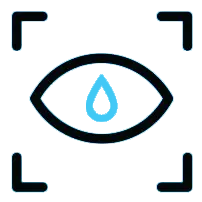
מרכז מומחים לאבחון וטיפול מתקדם בתסמונת העין היבשה ומחלות פני שטח העין
